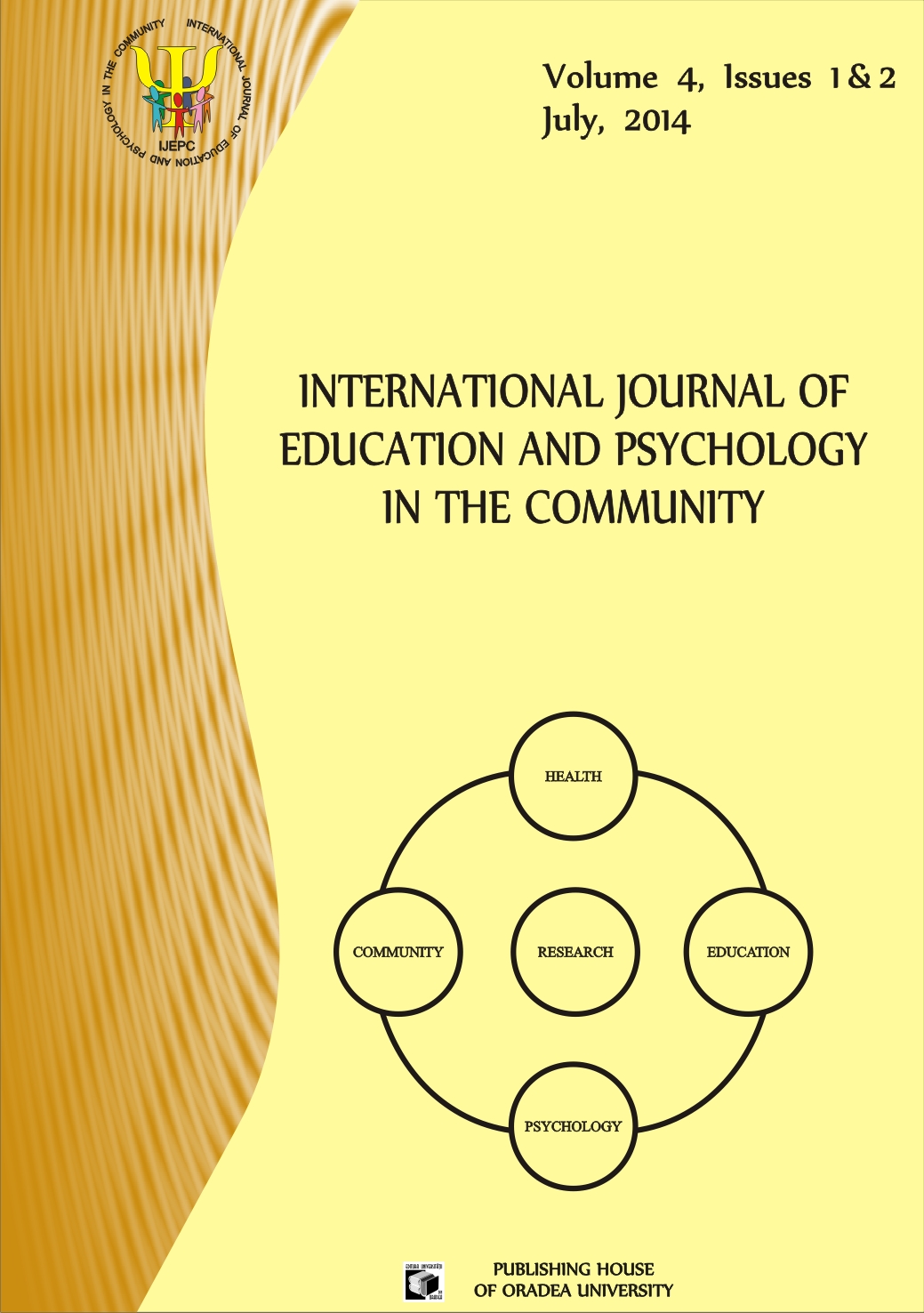Using electronic resources to teach computer literacy: students’ perceptions and use
Using electronic resources to teach computer literacy: students’ perceptions and use
Author(s): Susan E. Yager, Zsuzsanna SzaboSubject(s): Education, Psychology
Published by: Editura Universitatii din Oradea
Keywords: e-books and electronic resources; teaching computer literacy; college teaching
Summary/Abstract: This paper presents results from a two-step study that examines students’ reported perception and use of electronic textbook (e-book) and other electronic ancillary resources in a computer literacy course at a medium-sized, Midwestern university. The first, an exploratory study, compares results on the same measures from two groups of students: one group using a printed book with traditional supplemental materials, and another group using an e-book and its ancillary resources. Pre- and post-test achievement results are presented. In addition, a survey asked students about their study strategies and note taking habits. E-book users who responded to the survey were asked to volunteer for individual interviews, during which they raised several issues about using the electronic features. Results from the exploratory study support the cost efficiency of using e-books with no major negative effect on students’ performance when compared with using a printed book. Educational implications for teaching, student learning, and training users of technology gathered in the exploratory study were adopted for the course. Results from the second, follow-up study, show differences in reported responses by gender, race, and age. Students also report their use of electronic ancillary resources in learning the content and preparing for tests.
Journal: International Journal of Education and Psychology in the Community (IJEPC)
- Issue Year: IV/2014
- Issue No: 1&2
- Page Range: 46-67
- Page Count: 22
- Language: English
- Content File-PDF

